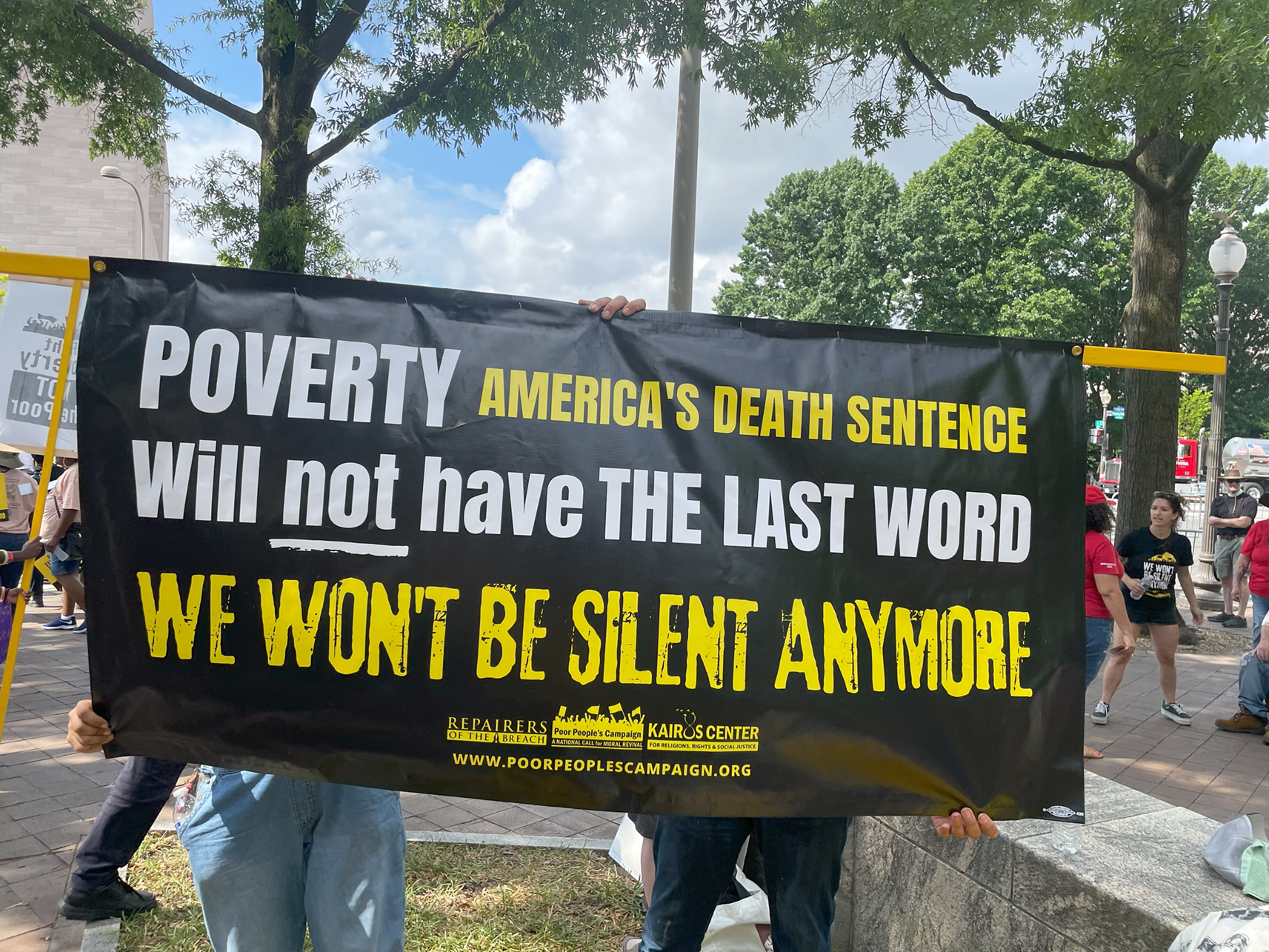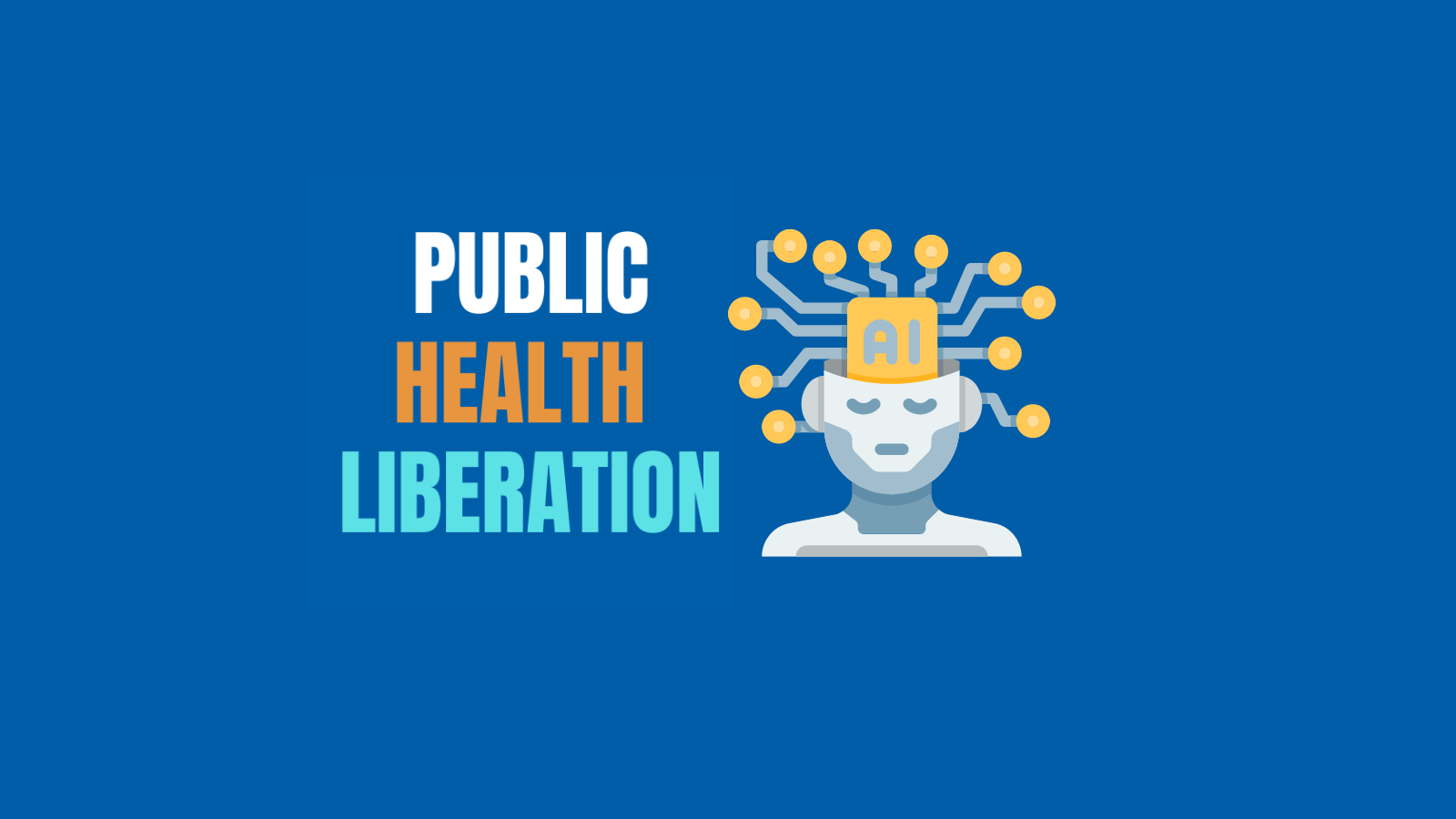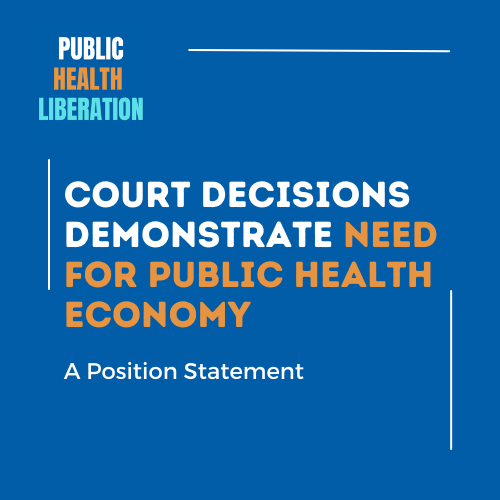
The Hub. Submit your story.
Public Health Liberation wants to hear your stories.
Scroll to bottom of page to submit
Public Health Liberation is dedicated to elevating public health to be aligned with everyday experiences with health. This includes creative expression, news aggregation, and storytelling. We believe that pathways for improved community health is deeply embedded in being receptive and responsive to diverse human expression, communication, and needs. Public Health Liberation deeply values the indispensable role and contribution of women as the gateway for achieving health equity.
We want to share your story on health and well-being. We accept all perspectives and creative forms. We just require that your work is original and publishable on our website. We can also link to sources that you find compelling and relevant. Email info@publichealthliberation.com

Public Health and Historical Perspectives on the June 29th Poor People’s Campaign
The Poor People’s Campaign recently held its Mass Poor People’s & Low-Wage Workers’ Assembly and Moral March on June 29th in Washington D.C. Led by Rev. Dr. William Barber II and Rev. Dr. Liz Theoharis, the event featured speakers from affected populations, religious, labor, activist, and lay groups. They shared personal and community challenges caused by stark economic, political, and social inequality in the US. This article briefly contextualizes the Poor People’s Campaign from two major perspectives – public health theory and practice and historical. It argues that failure of the political establishment to respond to calls for social reform is likely to carry unacceptable costs – the threat of deepening inequality and civil unrest, even war.

AI Series: A Persuasive Essay on Embracing Public Health Liberation and the Public Health Economy
The field of public health is at a critical juncture, with persistent health inequities demanding innovative approaches to understand and address the root causes of these disparities. Public Health Liberation (PHL) offers a groundbreaking perspective on the public health economy, providing a comprehensive framework for accelerating health equity. This essay aims to persuade you to study the public health economy as defined by PHL, emphasizing its potential to transform public health research and practice.

AI Series: Public Health Economy
We asked AI five essential questions about Public Health Liberation theory.

Court Decisions Demonstrate Need for Public Health Economy
Public Health Liberation (PHL) is a membership nonprofit organization that seeks to accelerate health equity through understanding and affecting the Public Health Economy. There exist two major distinct but interdependent economies - the traditional growth economy and the Public Health Economy. The concept of the Public Health Economy is intended to broaden our view of the structural determinants of health through practice-based learning and transdisciplinary synthesis.1 The inaugural PHL manuscript characterized fundamental features of the Public Health Economy. PHL members represent communities of practice that would most benefit from better performance in this economy. A radical reconceptualization of public health theory-building, training, and research is warranted.
Recently, PHL members gathered in solemn reflection upon the Court's sweeping decisions on reproductive rights, affirmative action, treatment of LGBTQ+ populations, and the Bruen decision in 2022. We are experiencing many heightened fears about our short- and long-term health, safety, and liberty. Chief among them are the diminishing educational and employment opportunities for disadvantaged families of all backgrounds and the immediate health effects on women, particularly women of color. Social division, national disunity, and false narratives on colorblindness are disconcerting. The role of the Dred Scott decision in 1857 is instructive of the potential course of the nation. Ideological purity, gun violence, and eroding constitutional protections pose grave threats to the Republic and the Public Health Economy.

Why So Little Transparency in Public Health Grant Spending?
The lack of transparency in public health federal grant funding poses a major threat to the viability of public health to meet challenges in health and data equity. Websites for federal grant agencies do not contain ready access to successful applications, grant reports, related tools, and datasets. While much of these data can be obtained through a Freedom of Information Act (FOIA) request, federal FOIA offices exercise considerable latitude to place limitations on public access. For example, I recently FOIA’ed to obtain the application for a $3.5 million funded federal grant application on LGBTQ+ mental health. The FOIA officer redacted 382 pages in full and only released 116 pages. The results provided the core of the grant activities, including consent forms and some assessments. The remaining 300-plus document was not released due to “trade secrets and commercial or financial information” and “information in personnel and medical files and similar files”. To gather data on any regular submitted reports to the agency or other pertinent information, I would need to submit a separate FOIA request. These practices that erect barriers to public data - the data that would be available under a FOIA request - is a hinderance to public health innovation.

Securing the Future of Public Health through Advocacy of the Public Health Economy
I recently received an action alert from a prominent medical education organization calling for increased federal funding for physician training programs. Addressing a shortage of up to 124,000 physicians in ten years will ensure access to patient care and readiness for the next public health crisis, claimed the organization. [1] This email prompted several critical reflections. First, their efforts can be understood as public health leadership. Hospital and physician organizations have a longstanding role in public health agenda-setting. Second, the extent of the US physician shortage is widely debated. For over ten years, I served as a medical education researcher and knew that the major accreditor for training programs differed significantly in their assessment - unofficially at least. I recall that the CEO remarked at its international conference several years ago that the urgency of physician shortages was not in the pipeline, but in the geographic distribution of physicians and lack of mid-level providers. In other words, we do not need to increase the rate of physicians entering the workforce as much as address the conditions leading to regional disparities in health care availability due to consolidation, closing of hospitals, and profit-driven health care.[2] “While only 14 percent of Americans—almost 46 million people—live in rural areas, rural communities represent nearly two-thirds of primary care health professional shortage areas (HPSAs) in the country.” [3] I also knew that the accreditor was prevented from political advocacy, unlike many major organizations in this space, because of limitations within its congressional authorization. Many medical education, hospital, and physician organizations encouraged the bipartisan laws in 2020 and 2022 that provide Medicare support for 1,200 residency positions. This new push is seeking to build on their prior legislative success.
Creative Arts.
“Maybe, we the project”
University professor and poetess PS Perkins reminds us about the humanity and lived experiences of families who live in public housing communities. She read her poem, “When a House is Not a Home” at the PHL National Webinar and Conversation on Liberation Philosophy, Systems Thinking, and Social Determinants of Health.
Documentary on Gentrification Captures Community Voices
Prior to starting Public Health Liberation,, Christopher Williams began an unfinished documentary to capture community voices in this gentrifying neighborhood of Washington, DC.
Submit to The Hub.
Please use the form below to submit. If you would rather include an attachment, please email phlhubsubmit@gmail.com.
Terms and Conditions: Upon submitting, you agree that you are the copyright holder or otherwise are legally entitled to submit for publication in The Hub and that you are truthfully representing your true or legal identity with the contact information that you include with your submission. You agree that the content is not published elsewhere. Once you submit to The Hub, we retain the ability to publish on our website and other promotional materials. You may request to remove content at any time.


